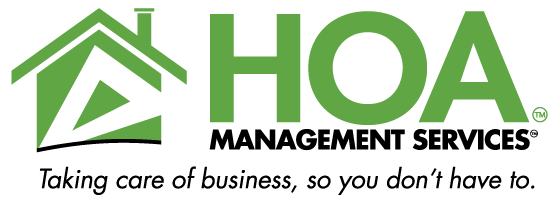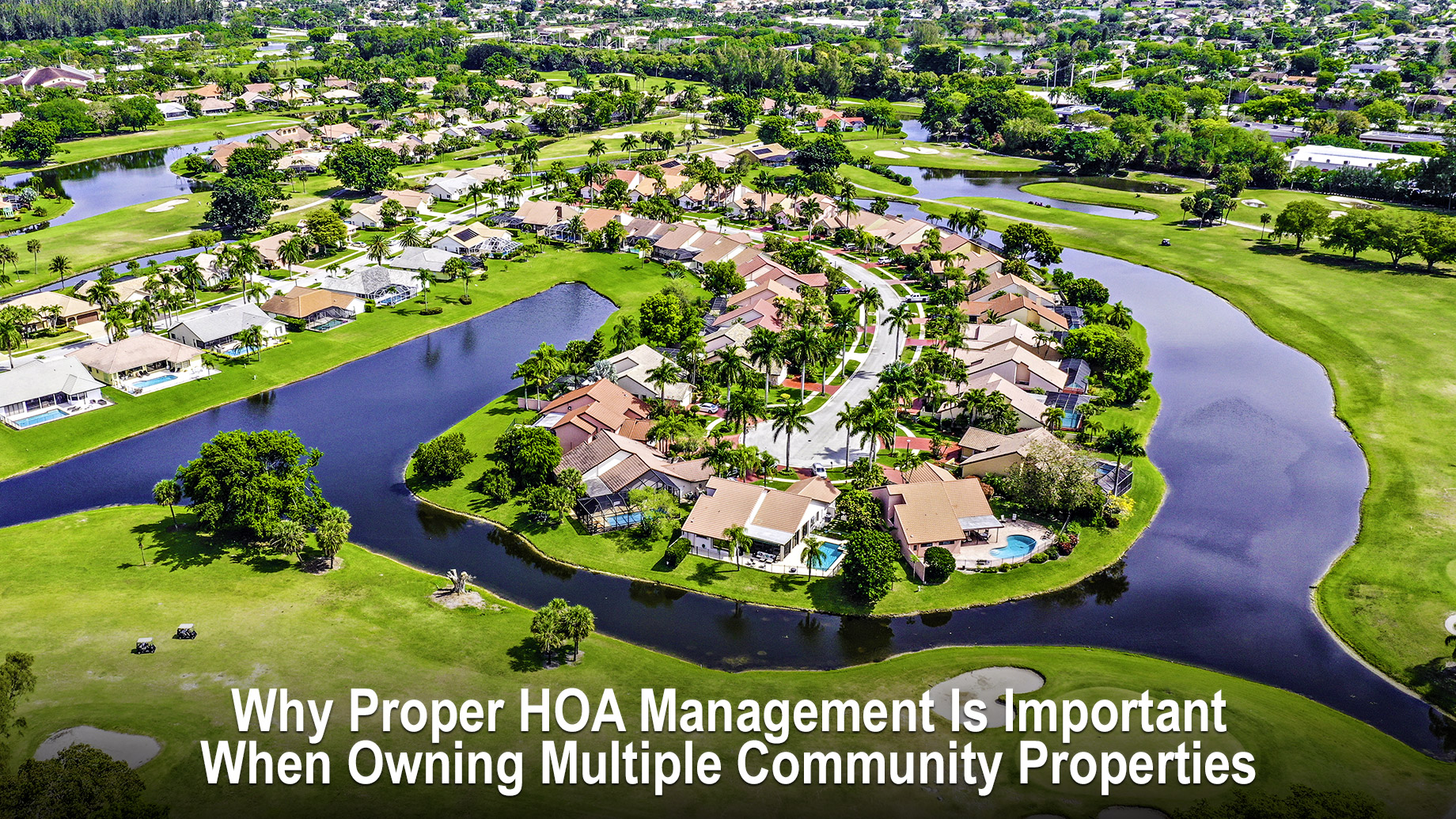Comprehensive Solutions in HOA Management San Antonio: Let's Enhance Your Community Together
Comprehensive Solutions in HOA Management San Antonio: Let's Enhance Your Community Together
Blog Article
From Financials to Maintenance: Mastering the Art of HOA Management for Area Organizations
Taking care of a neighborhood association requires a fragile equilibrium between financial responsibilities, effective communication, and reliable maintenance operations. From managing budget plans and monetary statements to coordinating upkeep tasks and enforcing guidelines and policies, HOA management can be an intricate art that requires a varied set of abilities. In this conversation, we will explore the numerous elements of HOA administration, from the ins and outs of monetary monitoring to the relevance of preserving a well-functioning community. By delving right into these essential areas, we intend to supply valuable insights and methods for mastering the art of HOA management, leaving you outfitted with the expertise and devices required to browse the obstacles that may arise within your area association.
Understanding Financial Obligations
What are the crucial financial obligations that area associations require to recognize and manage properly? Community organizations play an essential function in handling the funds of their neighborhoods. hoa management san antonio. To make sure the financial well-being of the organization, numerous key obligations need to be recognized and taken care of successfully
First and leading, community associations have to develop and maintain an extensive budget plan. This includes precisely approximating expenditures and revenue sources, such as regular monthly charges, unique assessments, and rental revenue. A tactical spending plan enables organizations to designate funds for essential expenses, such as maintenance and repair work, insurance policy costs, and get funds for future resources tasks.
An additional vital monetary duty is the collection of analyses and fees. Neighborhood organizations must make sure prompt and effective collection of these fees to cover operational expenses and maintain the economic security of the association. This includes carrying out a clear and clear payment plan, addressing misbehaviors promptly, and enforcing any kind of essential lawsuits.
Additionally, community associations must preserve accurate economic records and prepare normal economic statements. These declarations supply a clear image of the association's financial wellness, consisting of income, expenditures, and books. Regular economic reporting permits board members and house owners to track the association's financial performance and make informed choices pertaining to budgeting and costs.
Lastly, area associations have to conform with all applicable monetary regulations and tax obligation requirements. This includes declaring tax returns, maintaining proper documents, and adhering to any lawful obligations connected to economic administration.
Reliable Interaction and Collaboration
Efficient interaction and collaboration are essential for successful HOA management and promoting a natural community. Neighborhood organizations count on reliable communication to distribute vital info, address problems, and ensure transparency. A constant and clear line of interaction in between the HOA board, homeowners, and residential or commercial property monitoring is crucial for a well-functioning area.
One means to promote reliable interaction is via routine e-newsletters or emails that supply updates on area occasions, jobs, and vital news. This allows locals to stay educated and engaged in the neighborhood. Furthermore, developing open lines of interaction via area forums or town hall meetings can offer a platform for citizens to voice their opinions, ask concerns, and add to decision-making processes.
Collaboration is equally essential in HOA monitoring. Encouraging collaboration among board citizens, members, and committees promotes a sense of ownership and shared duty. By entailing homeowners in the decision-making process and actively seeking their input, the community organization can create a more inclusive and harmonious atmosphere.
To help with effective collaboration, HOA administration should establish clear objectives and purposes, delegate responsibilities, and motivate teamwork. Regular conferences, both official and informal, offer a possibility for stakeholders to talk about concepts, address worries, and work towards usual goals. By fostering a joint atmosphere, community organizations can harness the diverse abilities, knowledge, and point of views of their residents to drive favorable modification and boost neighborhood living.
Improving Upkeep Workflow
Simplifying maintenance procedures is crucial for efficient and cost-efficient HOA management. By carrying out effective strategies, area associations can make sure that upkeep tasks are performed smoothly and in a timely fashion, reducing disturbances and making best use of resident fulfillment.

Additionally, making use of technology can substantially enhance maintenance operations. Executing an electronic upkeep monitoring system (CMMS) enables organizations to track job orders, schedule precautionary upkeep, and maintain an organized record of upkeep tasks. This not just boosts efficiency yet additionally offers a clear and answerable system for both residents and administration.
In addition, outsourcing certain maintenance tasks can also improve procedures. By working with specialized professionals for tasks such as pool maintenance or landscaping, associations can make certain that these jobs are handled by professionals with the necessary expertise, maximizing internal resources to concentrate on various other facets of HOA monitoring.
Focusing On Policies and Regulations
To make certain efficient and organized neighborhood living, prioritizing and imposing policies and policies is important for effective HOA monitoring. hoa management san antonio. Area organizations rely upon a set of guidelines to keep a harmonious environment and protect property worths. By plainly defining and prioritizing regulations and guidelines, HOA monitoring can guarantee that residents recognize their duties and expectations
Among the initial steps in focusing on guidelines and regulations is to identify those that are most vital for the neighborhood's health. This might involve performing a comprehensive testimonial of the existing policies and regulations and determining any kind of gaps or locations that need enhancement. It is essential to involve neighborhood participants in this process to ensure their buy-in and to resolve any tips or concerns they may have.
As soon as one of the most essential guidelines and laws have been determined, HOA administration have to guarantee that they are successfully interacted to residents. This can be done through different ways, such as e-newsletters, e-mails, community meetings, and uploading notifications in common areas. Consistent and clear interaction is important to ensure that homeowners recognize the policies and guidelines and comprehend the repercussions of non-compliance.
Enforcement of regulations and laws is equally essential in keeping a well-functioning community. HOA management must establish a regular and fair enforcement procedure, which might consist of cautions, penalties, and other ideal actions. hoa management san antonio. It is very important to strike an equilibrium in see here now between implementing the guidelines and policies and keeping favorable connections with locals
Navigating Legal and Compliance Issues
Navigating legal and compliance issues is important for HOA administration to ensure adherence to laws and regulations. Area associations have to operate within the bounds of the law to maintain the count on and self-confidence of stakeholders and homeowners. Failing to adhere to legal requirements can cause legal disputes, fines, and damages to the organization's credibility.
To navigate these concerns successfully, HOA management must stay upgraded on federal, state, and local legislations that govern resource area organizations. This consists of understanding regulation associated to reasonable housing, taxation, residential property, and employment monitoring. Compliance with these legislations entails executing plans and treatments that safeguard the rights of house owners and ensure transparency in functional and financial matters.
Along with legal commitments, HOA monitoring should additionally abide by the association's controling documents, such as the laws, commitments, restrictions, and problems (CC&R s) These records detail the guidelines and laws that govern the neighborhood and might include provisions concerning home maintenance, architectural guidelines, and disagreement resolution procedures.

Final Thought
In final thought, understanding the art of HOA management for community organizations calls for a comprehensive understanding of financial responsibilities, reliable communication and partnership, enhancing maintenance operations, prioritizing policies and rules, and navigating legal and conformity concerns. By successfully implementing these strategies, area associations can guarantee the smooth functioning and total health of their neighborhoods.
By delving into these vital locations, we aim to provide beneficial understandings and techniques for mastering the art of HOA monitoring, leaving you furnished with the understanding and tools required to navigate the obstacles that may arise within your area association.
Area associations play an essential function in managing the financial resources of their communities. Neighborhood associations need to ensure prompt and look at here reliable collection of these fees to cover operational expenditures and maintain the monetary security of the association. By cultivating a collective environment, neighborhood organizations can harness the diverse skills, understanding, and point of views of their residents to drive positive modification and boost community living.
To navigate these concerns effectively, HOA administration need to stay updated on federal, state, and neighborhood regulations that govern neighborhood associations.
Report this page